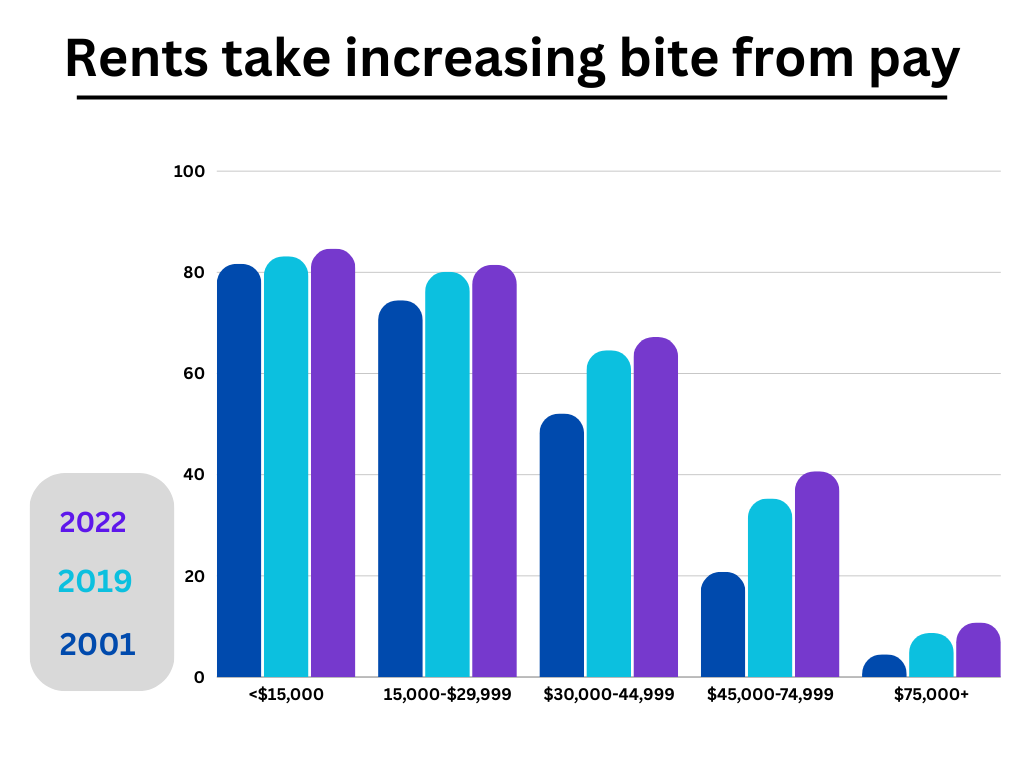As of June 2024, there have been 925 new filings, bringing the total to 7,793 for the year Last year there were 6011 evictions filed in the first six months of the year.
Currently, Colorado allows up to four adults to live together in a house.
Data from county courts shows that Denver landlords continue to file eviction papers at an alarming rate, with 925 more filed last month.
To date, 7,793 new applications have been filed. A total of 6,011 evictions were filed in the first six months of last year. Despite Denver’s increasing eviction filing rate in five of six months so far in 2024, 925 June filings are nearly double the 470 filings made in June of 2023.
12 910 eviction filings in Denver in 2023 are a record in the city, the most since more than 10,000 were evicted following the housing crisis in 2010.
The first half of 2024 has been a difficult one for Denver in terms of eviction filings. In January, 1,548 filings were the most the city has recorded in years. It has been a year of eviction filings that have outpaced last year by 20% through the first quarter.
There are no estimates of how many evictions will result from the filings that have taken place so far in 2024. Tenants cannot be forced to leave their homes without a judge’s ruling.
Despite Colorado lawmakers’ efforts to make housing more affordable, the eviction filings are on the rise. In April, Gov. Polis signed a bill requiring landlords to have a reasonable reason for evicting a tenant. City and county governments are no longer allowed to limit the number of families sharing a house or apartment, according to a new law.
Approximately 4,000 households are expected to receive rental assistance from Denver’s Department of Housing Stability in November.
A recent United States Census Housing Pulse Survey found that almost 52% of adults living in Colorado were not current on their rent or mortgage, and might face eviction or foreclosure.
Colorado is not the only state facing rental affordability challenges. As inflation increases, affordable housing shortages persist, and pandemic-era relief has ended, communities across the country are hurting.
In 2022, 22.4 million renter households – or half of all renters nationwide – will spend more than 30% of their income on rent, according to January data released by Harvard Joint Center for Housing Studies. The number of affordable apartments – with rents under $600 – declined by 2.1 million in that year compared to a decade earlier.
As rents rise, wages are squeezed more and more
Harvard researchers found that U.S. rental households are increasingly burdened with rent and utility costs.